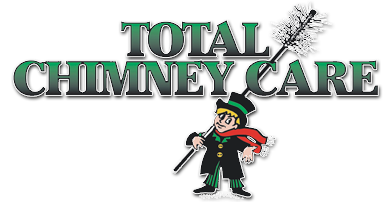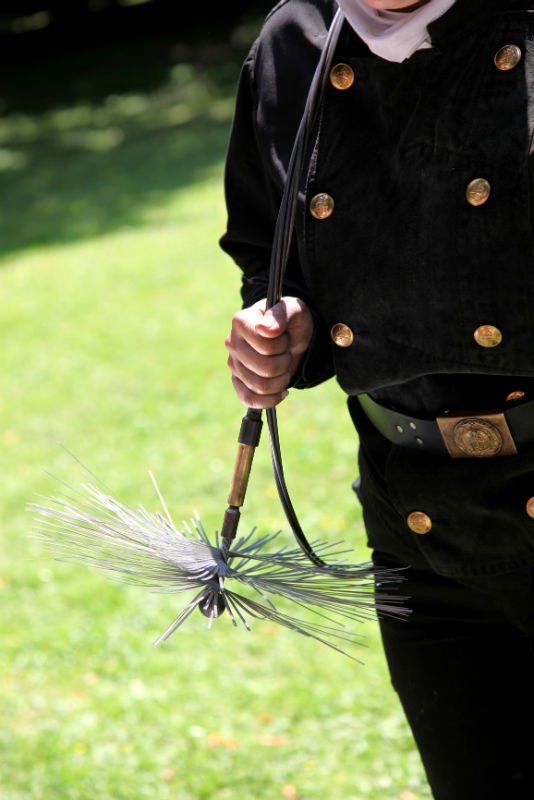 When temperatures drop, it can be tempting to light up your fireplace, even if you haven’t had your chimney cleaned yet. You have always been told that you need to have your chimney swept every year before you light your first fire of the season, but do you really need to have your chimney cleaned inspected each year?
When temperatures drop, it can be tempting to light up your fireplace, even if you haven’t had your chimney cleaned yet. You have always been told that you need to have your chimney swept every year before you light your first fire of the season, but do you really need to have your chimney cleaned inspected each year?
The answer is: Yes.
Why do you need to have your chimney swept and inspected every year?
The National Fire Prevention Association code for fireplaces, chimneys, vents and solid-burning appliances declares that all chimneys should be cleaned and inspected at least once per year. The primary reason for this is simple: Each time you fuel combustion occurs within your fireplace, whether it’s wooden logs in your open-hearth fireplace or gas in your extremely efficient gas fireplace, byproducts of that combustion are sent up your chimney, where they collect and can cause problems.
In a wood-burning appliance, the byproduct that remains within the fireplace is creosote, a highly flammable tar-like substance that collects on the sides of the chimney’s walls. Creosote can ignite if an ember makes its way up the chimney or if the fireplace reaches a high enough temperature. That can cause a dangerous chimney fire. In a gas-burning appliance, the soot that collects on the walls of the chimney is highly corrosive. It can cause holes or cracks to develop in the chimney flue pipes, which can allow carbon monoxide to seep out of the fireplace into your home.
Meanwhile, your chimney inspection also helps to identify any problems with your fireplace or chimney. That can include everything from dangerous cracks in the chimney liner to a missing chimney cap to a rusting or malfunctioning damper.
What if you haven’t used your fireplace in the last year?
Even if you haven’t used your fireplace within the last year, it still should be swept and inspected by a certified chimney sweep. The chimney can become blocked in a variety of ways, such as from a nesting animal or from leaves or other natural debris. Those blockages can pose a hazard when you do choose to light a fire; they can flare up and cause a chimney fire, or they can force carbon monoxide back into your home. Things that become trapped in your chimney also can begin to decompose and fill your home with a bad smell.
Additionally, the inspection your chimney undergoes remains crucial regardless of how often you use your fireplace. Without your chimney inspection, a slow chimney leak can go unnoticed until it causes major damage, or the structure of your chimney could have minor weaknesses that develop into a major problem over time. Your chimney inspection can help you to spot minor chimney issues before they become major problems.
How can you schedule your chimney sweeping and inspection?
If you still need to have your chimney swept and inspected before winter officially sets in, call Total Chimney Care to schedule an appointment today!

